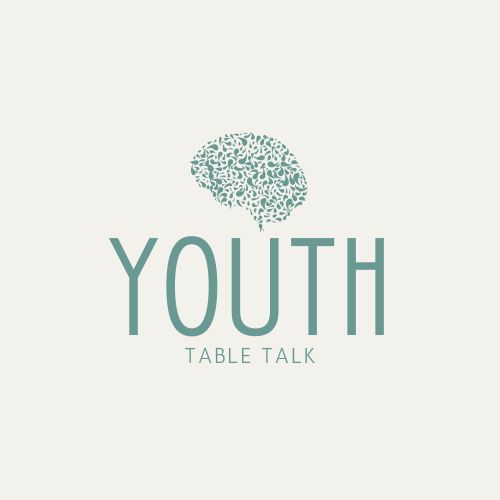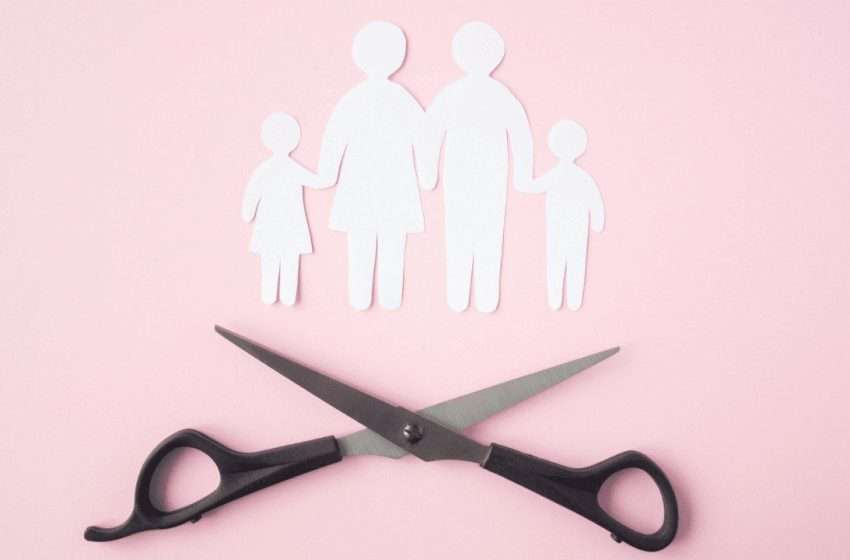The term “Family” can bring a wide range of complicated emotions to your mind. These emotions can be positive, negative, or a mixture of both. A major cause of teenagers’ and young adults’ frustration is a toxic family dynamics. Even thinking about your family might bring you significant discomfort and stress due to frustration .
Toxic family dynamics are quite hard to identify, especially if you are still connected to your family. Many people don’t even realize the impact of their family environment until they are grown adults.
A very famous toxic family members quote is “Some of the most poisonous people come disguised as family and friends,” and I totally agree with it.
In today’s article, I will talk about some negative family life traits and how you can identify them. Bear with me if it gets too long, but trust me, you won’t regret investing a couple of minutes into this.
Toxic family dynamics tries to control you
A toxic family will always try to control how you think, act, and won’t let you make your own decisions. Toxic family tries to control decision making related to your education, career, or relationships. The family members might threaten to cut you off or disown you, if you try to take any decision on your own. They do this by saying that you are a disobedient child, and you don’t care for your family. Hearing these comments repeatedly can make you guilt-ridden. You start to question your capabilities, and eventually, you fail to make any life decisions on your own as you grow up.
Unnecessary criticism within Toxic family dynamics
Constructive criticism is always appreciated, but if you are repeatedly criticized over basic things such as your dressing, way of talking, body language, routine, timings, friend circle, sleeping or eating habits, etc .,then you begin to lose self-confidence. You feel as if no matter how much you try to do good or be fair, it is just not enough. When a family member criticizes you, they should aim to improve your behavior instead of demoralizing you and making you feel inferior. This criticism often leads to an individual feeling unloved.
Family members abuse you verbally, emotionally, or physically in Toxic family dynamics
One of the major traits of a toxic family is that you experience abuse. When your family members hurt you, you feel like running away or killing yourself. Abuse can include:
- Hitting you, i.e., physical violence
- Harsh or intense criticism
- Sexual abuse
- Gaslighting or blaming
- Inappropriate touching
Most of the time, abuse is not easy to recognize. For example, during an argument, your sibling starts calling you nasty names intending to demean you, or your mother starts comparing you with other friends or family members of your age that belittles you, etc.
Lack of love, compassion, and support within Toxic family dynamics
You can conquer the world if you have your family’s support. On the contrary, you are bound to feel lonely and vulnerable when you lack a family’s strength. That, my friend, is yet another prominent trait of a toxic family. Your parents or your siblings are your go-to people. It would help if you always had your mother’s shoulder to cry on, your father’s advice to rely on, and your siblings’ back to count on, but when you feel unloved or unsupported, you lose the courage to face the challenges life throws at you. Toxic family members never understand what you are going through. For example, a toxic sibling would instead prefer watching his/her show on Netflix than to listen to the fight you got into at university.
Family doesn’t respect you or your choices within Toxic family dynamics
Does your father continuously humiliate you for joining a football club instead of continuing with your education? Or your mother repeatedly scolds you for having an affair with a guy she didn’t like? Parents have a right to guide their children and educate them about right and wrong, but they certainly don’t have a right to keep questioning their choices or disrespecting them. We don’t learn from books as much as we learn from our mistakes. A toxic family member might:
- Make fun of your choices or mock you
- Attack you at your vulnerable points
- Crush your self-esteem
- Compare you with other siblings (s) to belittle you
- Question your choices to the extent that you begin to doubt yourself
Silent treatment within Toxic family dynamics
Yes, words are lethal, but silence can kill. A toxic family member refuses to speak to you for hours or even days following an argument or rather a disagreement. They might also show displeasure towards you in a passive-aggressive way by making a bad face or slamming a door shut, and you keep wondering what you did to deserve this kind of treatment. It is pure manipulation as disagreeing is not a big deal. It is not possible to agree with your family on each and everything. Toxic family members are notorious for using silence as a form of punishment and emotional control. They find pleasure and power when someone pursues them for a relationship.
They envy you and try to compete with you every time
Your sister dreamt of becoming a dancer, but her skills weren’t good enough, so she instead ended up being a school teacher. Somehow, you also started to like dancing and surprisingly got selected for a dancing competition. From then on, you noticed an evident change in your sister’s behavior. For example, she would always criticize you whenever you showed her a dance move; she will make disgusting faces at your performances or pass ruthless comments that will make you cry. Yes, that is an absolutely toxic behavior. Your sister is jealous of you. She is feeling outrageous as she sees you succeed in a career where she failed a year or two back. It might come as a shock to you but trust me, it is a trait that toxic family members possess very well.
A toxic sibling may “take side” of your parents unnecessarily
In a balanced family, there is nothing like taking sides. However, if you have a toxic sibling, you will always notice them plotting against you or making matters worse for you. Whenever you get into an argument with your parents, your toxic sibling will take unnecessary sides of your parents to put you down and show the parents who is the better child. A toxic sibling often becomes a supporter of a toxic parent; thus, normalizing the harmful behavior. To make themselves feel superior, they will criticize you along with your parents, hit you at your weakest areas, and make you feel horrible about yourself.
Talia Siddiq, is a qualified MBBS doctor and she is doing specialization in psychology. She has a good experience of working with people suffering from mental issues. She has written extensively on most common yet unattended issues faced by the youth such as psychological issues, relationship problems, self-harm, addictions, career counseling, financial freedom etc.
Do you want solutions for your social and psychological problems?
Then Subscribe to our newsletter

